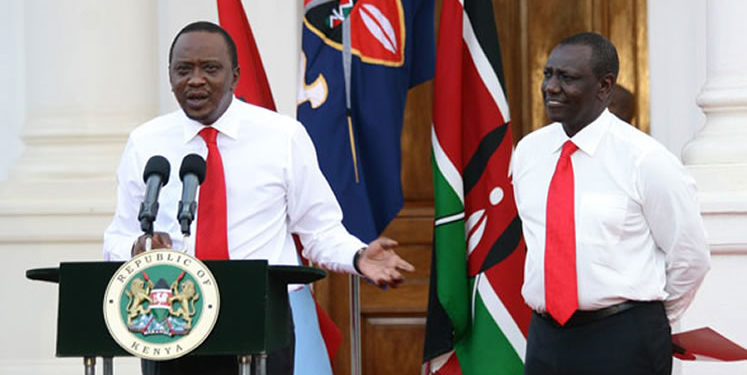Victims of rights violations have questioned the government’s sincerity in establishing a Sh10 billion ($100 million) restorative justice fund while actively undermining court awards of compensation. Over 100 victims of political violence, torture, detention and other violations criticised the piecemeal approach to delivering justice evident in President Uhuru Kenyatta’s announcement March this year that he would set aside Sh10 billion over the next three years for victims reparations. The fund is over and above what the Truth, Justice and Reconciliation Commission recommends in its final report. Michael Ndung’u, who works for the directorate of national values and national cohesion, said the government is still putting in place mechanisms to operationalise the fund. Political victims of rights violations have been awarded compensation by the courts, but the government has appealed those awards saying it has no money, said Onyango Oloo. “How do we know that this is not a lush fund for the next elections?” During his annual State of the Nation address to Parliament, Mr Kenyatta announced the fund saying the Director of Public Prosecutions had given up on prosecuting crimes committed in the aftermath of the 2007 elections. Witnesses’ fear of reprisals as well as the lack of forensic and technical capacity made it difficult to begin prosecutions in any of the 4,575 case files opened. Mr Kenyatta said the fund would provide relief and underscore the government’s goodwill, a statement that has not gone down well with human rights activists. The President’s mention of goodwill attracted heavy criticism from civil society organisations. “Reparation is not a favour; it is a right of the victims,” said Njonjo Mue, programme advisor of the Kenyans for Peace with Truth and Justice. “Reparations have nothing to do with goodwill,” he added, explaining that asking questions about the restorative justice fund did not amount to looking a gift horse in the mouth. “It is not a gift.” Some of the victims felt that the President’s apology and offer of a fund was too little too late. Many of the victims at the National Victims and Survivors Convention were hired as statement takers during the life of the Truth, Justice and Reconciliation Commission. Many hoped that the truth and reconciliation process would bring healing, but since the commission’s report was released in 2003 with timeframes for implementation, it has not been adopted by Parliament. “People have died, others are in pain. Many are enduring medical conditions and still need to go to hospital where they are required to meet costs,” said a woman victim. Mue noted that the president’s apology, his recognition of people affected by human rights violations over five decades, and the establishment of the fund as well as a State department to manage it were commendable steps. However, he faulted the inability to push Parliament to dispense with the TJRC report, his failure to create a reparations policy and refusal to outline how victims would participate. “The TJRC process is run by perpetrators, and that puts us in a very difficult position in Kenya,” said one victim. The absence of a legal framework for reparations and compensation has raised fears of misappropriation, claims of which dogged initial attempts to resettle victims of the post-2007 election violence. The programme, Rudi Nyumbani (Return Home), was mired in corruption and misappropriation controversies that denied deserving cases government support. “If the President can apologise, how come the person who raped me cannot apologise?” one woman asked in plenary.







